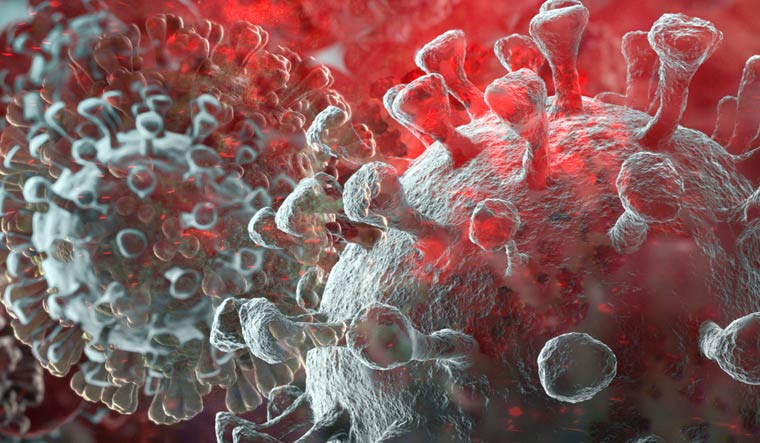New Delhi: The novel cornonavirus has a higher rate of transmission among close contacts. Hence to prevent the spread of coronavirus physical distancing, personal hygiene and infection control are necessary. This has been reconfirmed by the Indian Council of Medical Research (ICMR).
The ICMR shared Friday the findings of the first cluster of SARS-CoV-2 infection among Italian tourists in a study. It also said testing of close contacts identified infection in pre-symptomatic and asymptomatic cases. The research body said early identification and isolation of positive patients to prevent community transmission is a must.
A detailed investigation of the cluster of infection among 16 Italian tourists was conducted in March-April. The study was published online in the Indian Journal of Medical Research (IJMR).
A group of 23 Italian tourists reached here February 21 along with three Indians. They visited several tourist places in Rajasthan.
One of the members from the group, a 69-year-old Italian male was hospitalised at the Sawai Man Singh (SMS) Medical College in Jaipur. He had symptoms of fever, cough and difficulty in breathing, February 29. He later tested positive for coronavirus. His 70-year-old wife, who did not have any symptoms, also tested positive for COVID-19. She was isolated, along with him.
The remaining 24 members of the group (21 Italians, three Indians) returned here March 2. They travelled in the same train compartment and were quarantined. All them were initially asymptomatic. Their throat and nasal swabs were collected March 3. Then 15 of them (14 Italians and an Indian) tested positive and were isolated. So by March 3, 17 of the 26 were COVID-19 positive with an attack rate of 65.4 per cent.
“The median duration between the day of confirmation for COVID-19 and RT-PCR negativity was 18 days (range: 12-23 days). Two patients died with a case fatality of 11.8 per cent. This study reconfirms higher rates of transmission among close contacts. Therefore, public health measures such as physical distancing, personal hygiene and infection control are necessary,” ICMR said.
The ICMR also said the government has devised an ‘intelligent testing strategy’. India has developed an ‘intelligent testing strategy to remain ahead of the virus’. This has been done by significantly shoring up its diagnosis infrastructure.
India now has 610 laboratories – 432 public and 178 private which are currently testing 1.1 lakh samples daily. The testing capacity has been increased to 1.4 lakh samples per day, which is being further raised to 2 lakh, it said.
Keeping in view the revised understanding of the virus and the research work being done in India and elsewhere, testing criteria was widened to include returnees from abroad, migrant workers and COVID-19 frontline workers, the ICMR said.
Agencies
